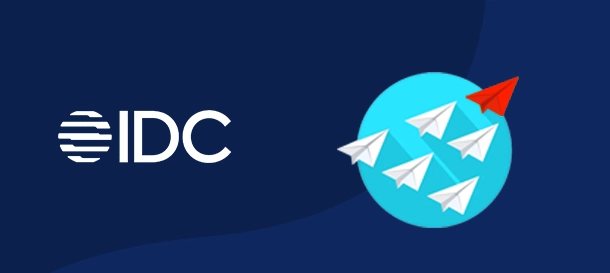Non-Sufficient Funds (NSF) checks, commonly known as bounced checks, occur when a bank refuses to honor a check due to insufficient funds in the issuer’s account. This article delves into the intricacies of NSF checks, their implications, and effective prevention methods.
What is an NSF Check?
An NSF check is a check that cannot be processed because the issuer’s account lacks sufficient funds to cover the amount. When presented for payment, the bank returns the check unpaid, leading to potential fees and complications for both the issuer and the recipient.
Causes of NSF Checks
- Insufficient Account Balance: The primary cause is the account holder issuing a check exceeding their available balance.
- Account Holds or Restrictions: Funds may be unavailable due to holds or legal restrictions on the account.
- Bank Errors: Occasionally, bank processing errors can result in checks being dishonored.
Consequences of Issuing NSF Checks
- Bank Fees: Issuers face NSF fees, which can range from $10 to $35 or more, depending on the bank’s policies.
- Merchant Penalties: Recipients may charge additional fees to cover the inconvenience and any bank charges they incur.
- Legal Ramifications: Repeatedly issuing NSF checks can lead to legal action, including potential criminal charges in severe cases.
- Credit Score Impact: Frequent NSF incidents can negatively affect credit scores, hindering future financial opportunities.
Differences Between NSF Fees and Overdraft Fees
While both fees relate to insufficient funds, they differ in application:
- NSF Fees: Charged when a bank returns a presented payment without processing it due to insufficient funds.
- Overdraft Fees: Assessed when a bank covers a transaction that exceeds the account balance, resulting in a negative balance.
Legal Implications of NSF Checks
Issuing NSF checks can lead to civil and criminal penalties:
- Civil Penalties: Issuers may be liable for the check amount plus damages and associated fees.
- Criminal Charges: In cases of intentional fraud, issuers can face misdemeanor or felony charges, depending on the amount and jurisdiction.
How to Handle Receiving an NSF Check
- Immediate Communication: Contact the issuer promptly to inform them of the dishonored check and request alternative payment.
- Re-presenting the Check: If permitted, redeposit the check after confirming sufficient funds are available.
- Legal Action: If the issue remains unresolved, consider pursuing legal remedies to recover the owed amount.
Preventing NSF Checks
- Regular Account Monitoring: Keep track of account balances to ensure sufficient funds before issuing checks.
- Overdraft Protection: Enroll in overdraft protection services to cover transactions that exceed the account balance.
- Financial Management Tools: Utilize budgeting tools and alerts to maintain awareness of account status.
The Role of Banks in NSF Transactions
Banks play a crucial role in handling NSF transactions:
- Notification: Banks may inform customers of NSF occurrences, though immediate notification isn’t guaranteed.
- Fee Assessment: Banks impose NSF fees to deter overdrawing accounts and cover administrative costs.
- Overdraft Services: Some banks offer overdraft protection to prevent NSF situations, often for a fee.
How Emagia’s AI-Powered Solutions Mitigate NSF Check Risks
Emagia offers advanced financial solutions to help businesses manage and prevent NSF check incidents:
- Real-Time Account Monitoring: Emagia’s platforms provide up-to-date insights into account balances, enabling proactive financial management.
- Predictive Analytics: Utilizing AI, Emagia forecasts cash flow trends, allowing businesses to anticipate and address potential shortfalls.
- Automated Alerts: Customizable notifications inform users of low balances or potential NSF situations, facilitating timely interventions.
FAQs: Addressing Common Questions About NSF Checks
What does NSF stand for?
NSF stands for “Non-Sufficient Funds,” indicating that an account lacks the necessary funds to cover a transaction.
Can an NSF check affect my credit score?
While a single NSF check might not impact your credit score, repeated instances can signal financial irresponsibility, potentially affecting creditworthiness.
What is the difference between NSF checks and overdrafts?
An NSF check is returned unpaid due to insufficient funds, while an overdraft occurs when a bank covers a transaction despite insufficient funds, often resulting in a negative balance and associated fees.
How can I avoid issuing an NSF check?
Regularly monitor your account balance, set up low-balance alerts, and consider overdraft protection services to prevent NSF situations.
Are NSF fees legal?
Yes, banks and credit unions can charge NSF fees for bounced checks, with fee amounts varying by institution.
Understanding NSF checks and implementing effective financial management strategies are essential to prevent the associated complications and fees. Leveraging tools like those offered by Emagia can further enhance financial oversight and mitigate risks related to NSF transactions.







